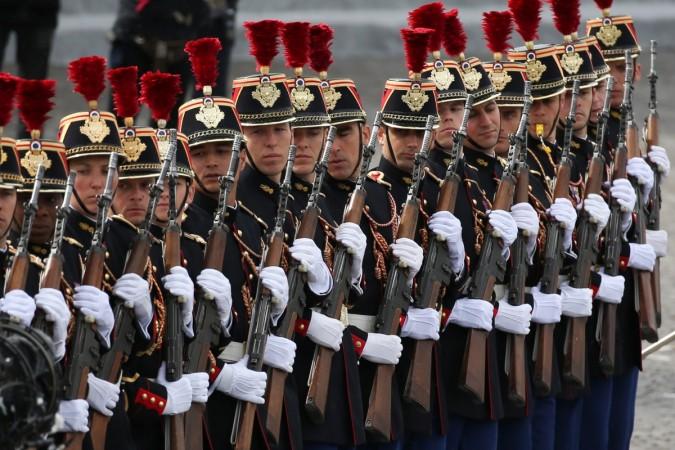
Bastille Day in France is celebrated to mark an important development in the initial days of the French revolution: The storming of the Bastille — a symbol of the then royalty — on July 14, 1789, and the fall of monarchical rule in France. The date of the storming was incorporated as a national holiday in 1880.
At the time of the storming, France had been suffering under a huge paucity of food and an oppressive tax regime that was levied by an unperturbed ruling class on hapless peasants. The situation is often described through a quote attributed to French queen Marie Antoinette, which she is supposed to have said when informed that peasants did not have enough bread — a staple source of nourishment there and then — to eat.
Although it is nearly established now that the queen never uttered the famous words "Let them eat cake," the callous sentiment is not lost on historians, who have pinpointed similar high-handedness as the reason behind the 1789-99 French revolution and the fall of monarchy in the country.
Thus, Bastille Day is not only a celebration of the country coming out of the shadows of a clueless king but also the sowing of the seeds of democracy in France. It ushered in the rule of Napoleon Bonaparte, who would ultimately seek an alliance with Tipu Sultan of Mysore in their fight against the British — a common enemy.
Bastille Day is best marked by a military parade in Paris, held every year since 1880, when the day was formally recognised as a national holiday in France. An attack on that day — like the one that happened this year — is akin to an attack on the Independence Day in India.
However, India has been targeted by terrorists for quite some time, and the beefing up of security on national holidays as well as religious festivals has not only acted as a deterrent for terrorists but also led to the arrest of many such elements while they were planning their attack.
The European countries, and especially France, are seeing such attacks on their soil for the first time, and are likely to implement similar measures if they continue.










